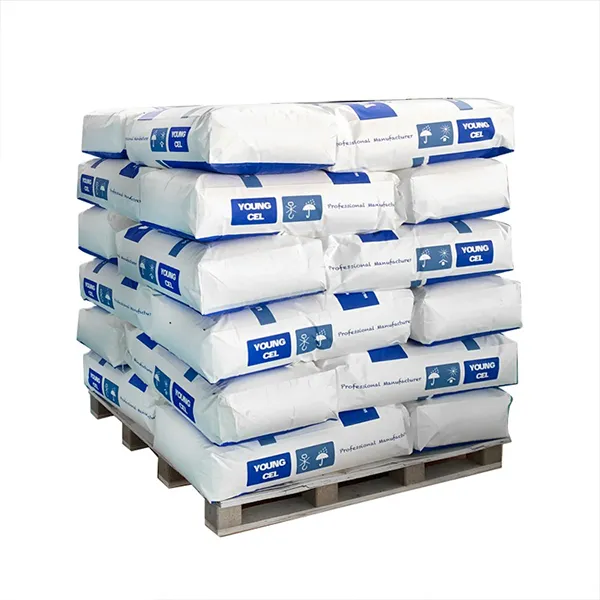Understanding Adhesives for Tile Installations
When it comes to tiling projects, whether for floors, walls, or backsplashes, the importance of choosing the right adhesive cannot be overstated. The success of any tile installation largely depends on the quality and suitability of the adhesive used. In this article, we will explore the various types of adhesives available for tile installation and the factors to consider when selecting the right one for your project.
Types of Tile Adhesives
1. Thin-Set Mortar Thin-set mortar is one of the most common adhesives used for tile installations. It consists of a blend of cement, sand, and water-retention compounds. Thin-set is versatile and can be used for a variety of tile materials, including ceramic, porcelain, and stone. It is ideal for interior applications and can be modified with additives for enhanced performance, especially in wet areas.
2. Thick-Set Mortar Thick-set mortar is used for larger tiles or in situations where additional bonding strength is required. This type of adhesive is applied in a thicker layer, typically 1/4 inch or more. It is often used in commercial installations or outdoor settings where greater durability is necessary.
3. Mastic Mastic adhesives are pre-mixed and have a creamy consistency. They are easy to apply and are best suited for wall tiles in dry areas, such as kitchens and bathrooms. However, mastic is not recommended for wet areas, as it can break down over time when exposed to moisture.
4. Epoxy Adhesive Epoxy adhesives offer superior bonding strength and resistance to moisture, making them ideal for challenging environments. They cure chemically and create a hard, durable bond that is resistant to stains and chemicals. While they can be more expensive, their longevity and durability make them a wise choice for high-traffic areas or environments where water exposure is prevalent.
5. Polymer-Modified Mortar This type of mortar includes additives that enhance its properties, such as flexibility, water resistance, and adhesion. Polymer-modified mortars are particularly suitable for porcelain tiles and can be used in both interior and exterior applications. They are ideal for situations where the subfloor may experience movement, as they can accommodate slight shifts without cracking.
adhesive for tile

Factors to Consider
When selecting the right adhesive for your tile installation, consider the following factors
- Tile Type Different tiles require different adhesives. For instance, porcelain tiles often require polymer-modified mortars due to their density and low porosity, while ceramic tiles can work with various thin-set mortars.
- Location The installation environment plays a significant role in adhesive selection. Wet areas, such as bathrooms and swimming pools, demand adhesives that are water-resistant or waterproof, such as epoxy or modified mortars.
- Substrate The surface on which the tile will be installed—such as concrete, drywall, or plywood—must also be taken into account. Some adhesives work better with specific substrates, so it's essential to ensure compatibility for a successful installation.
- Temperature and Humidity High temperatures and humidity can affect the curing process of adhesives. Selecting a product designed to withstand the local climate conditions will enhance the integrity of the tile installation.
Conclusion
Choosing the right adhesive for your tile project is crucial for ensuring a long-lasting and aesthetically pleasing finish. By understanding the various types of adhesives available and considering the environmental factors that may affect your installation, you can make an informed decision that will ultimately lead to a successful tiling project. Always consult with professionals or read manufacturer guidelines to select the best adhesive suited to your specific needs and conditions.
-
The Application and Significance of Construction RdpNewsMay.19,2025
-
Industrial Grade HpmcNewsMay.19,2025
-
Building Coating Adhesive Building Coating Adhesive HpmcNewsMay.19,2025
-
Application Of Hpmc For Detergent For Detergent In DetergentsNewsMay.19,2025
-
Application Of Hpmc Cellulose In Cement-Based MaterialsNewsMay.19,2025
-
Application Of High Quality Hpmc For Construction In The Field Of ConstructionNewsMay.19,2025




